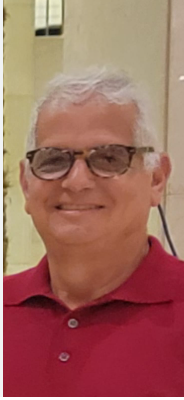
Dr. Moustafa Moustafa: What Is Hypertension And Why Is It A Concern?
Hypertension lurks quietly in the backgrounds of millions of lives. This condition, characterized by consistently high blood pressure, goes unnoticed in many, silently paving the way for severe health challenges. For Dr. Moustafa Moustafa, grasping the nature of hypertension and its implications is crucial in a world where its prevalence is high.
The Mechanics of Hypertension
Dr. Moustafa Moustafa Blood pressure is the force exerted by circulating blood on the walls of blood vessels. When this force remains high over time, it’s identified as hypertension.
This condition is primarily of two types: Primary (essential) hypertension, where a direct cause is not identifiable, tends to develop gradually over many years. Secondary hypertension arises suddenly and can be attributed to underlying conditions like kidney disease or certain medications.
Why Hypertension Warrants Attention
Despite its often silent progression, hypertension is not to be taken lightly. The excessive pressure on artery walls caused by hypertension can damage blood vessels, as well as the organs they supply.
This can set off a cascade of health issues, most notably increasing the risk of heart disease and stroke, the leading causes of death worldwide. Additionally, hypertension is a key player in the development of kidney problems, vision loss, and may even contribute to cognitive decline.
Recognizing the Signs: More Often Absent Than Not
The insidious nature of hypertension lies in its lack of warning signs. Many individuals with high blood pressure may not experience any symptoms and are often unaware until significant damage has been done. In some advanced cases, headaches, nosebleeds, or dizziness might present, but these are not consistent or reliable indicators.
The Imperative of Regular Screening
Given the stealthy character of hypertension, regular blood pressure screenings are indispensable. These simple checks can be a lifesaver, detecting problematic pressures early and initiating timely intervention to mitigate health risks.
Management and Mitigation: A Lifelong Commitment
Dr. Moustafa Moustafa Once diagnosed, managing hypertension often becomes a lifelong endeavor involving lifestyle alterations and, in some cases, medication. Embracing dietary changes, incorporating regular physical activity, moderating alcohol consumption, and quitting smoking are hallmarks of effective blood pressure management. For some, medications become a necessary addition to maintain target blood pressure levels.